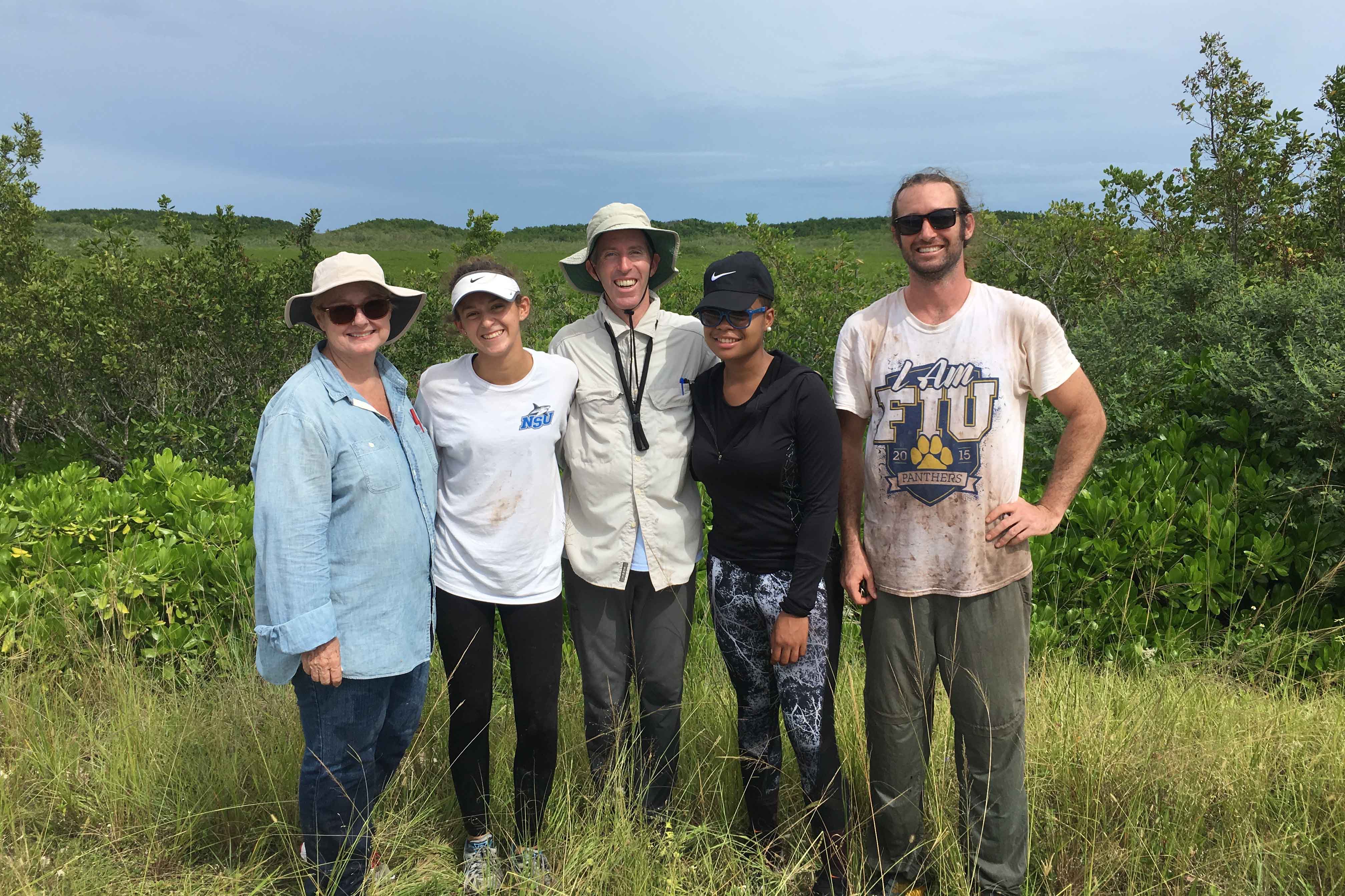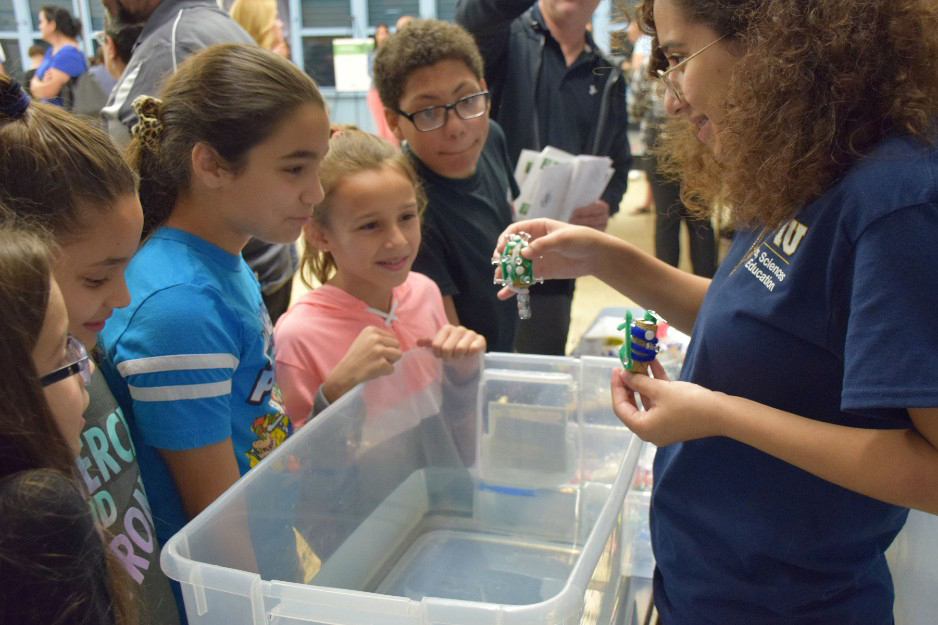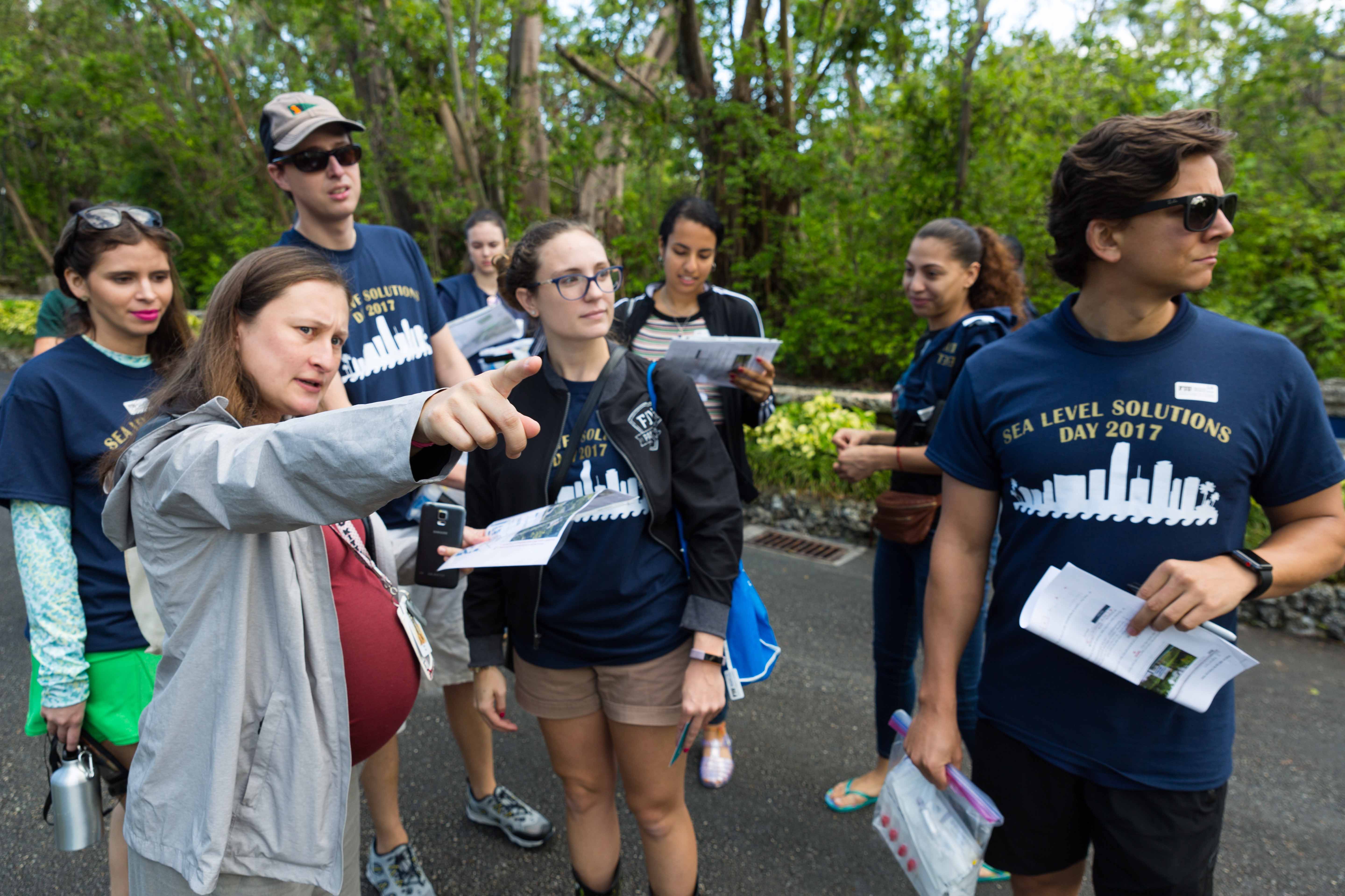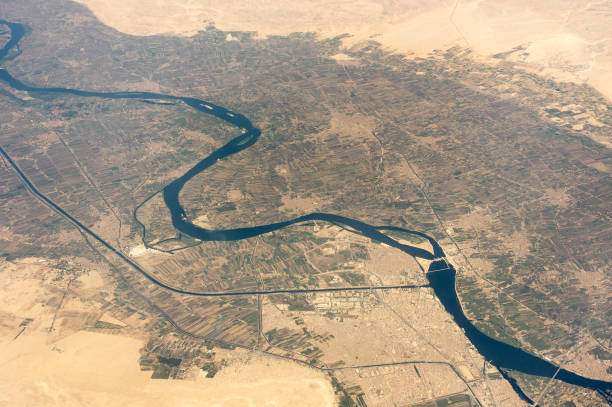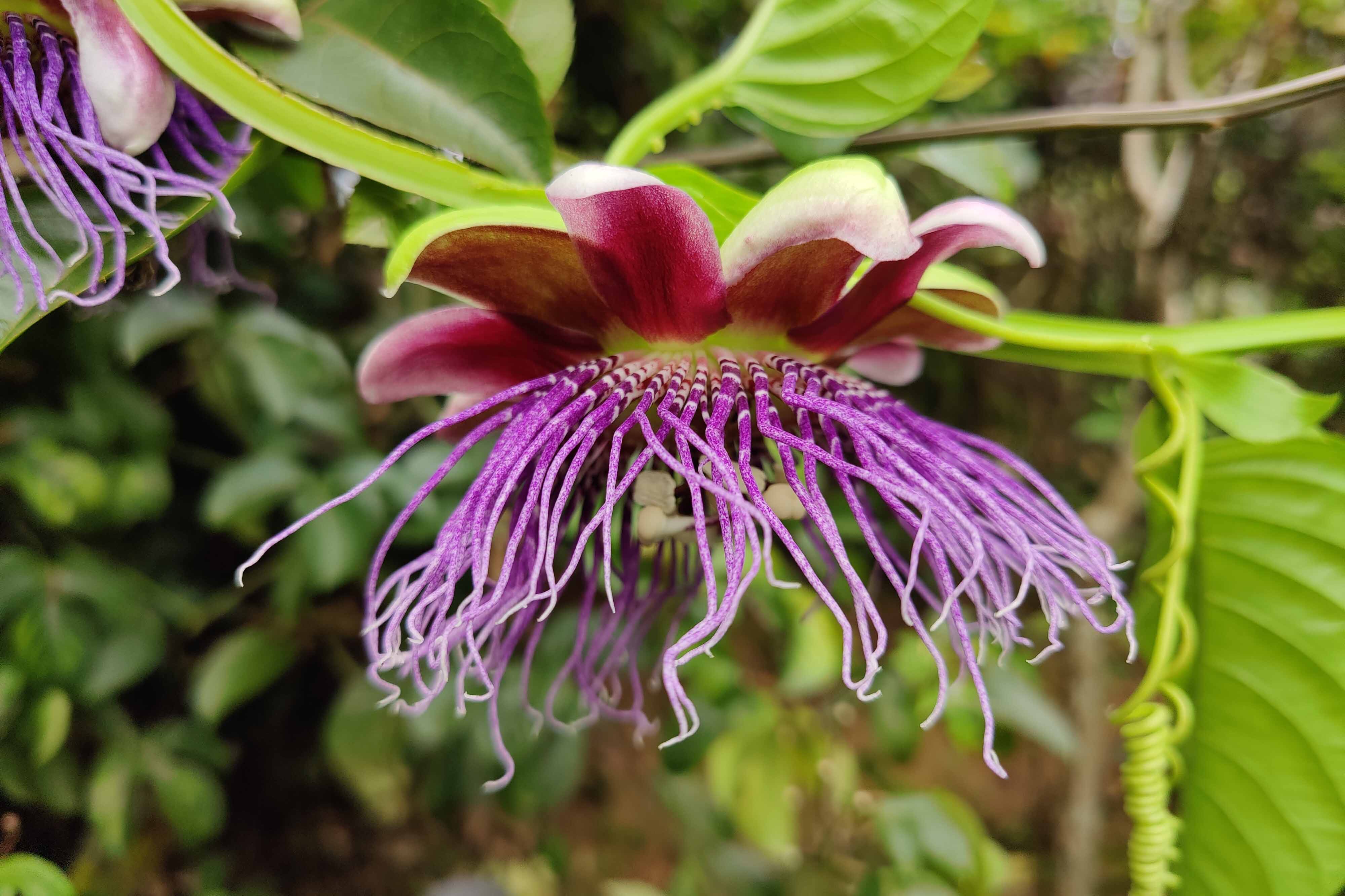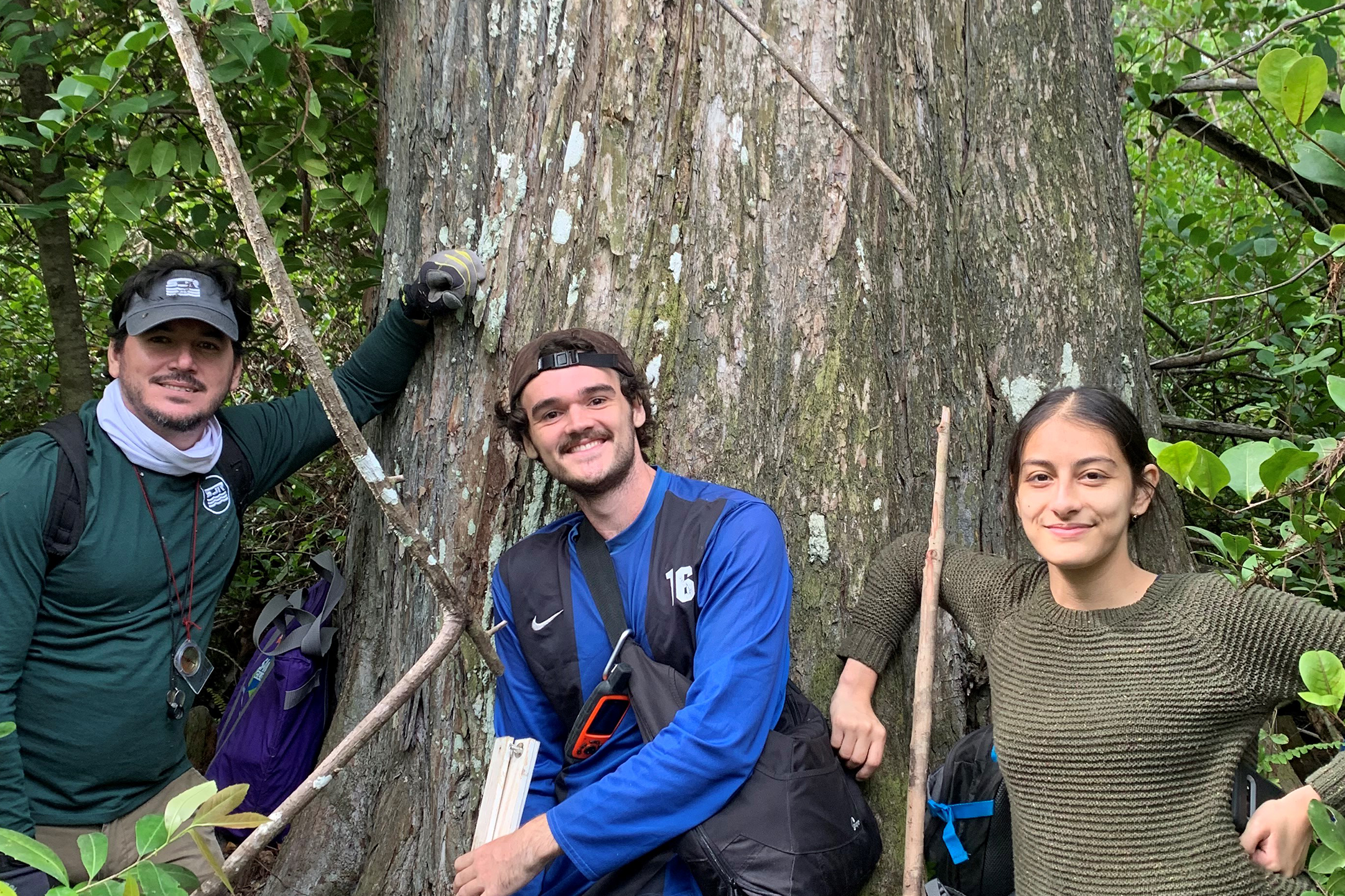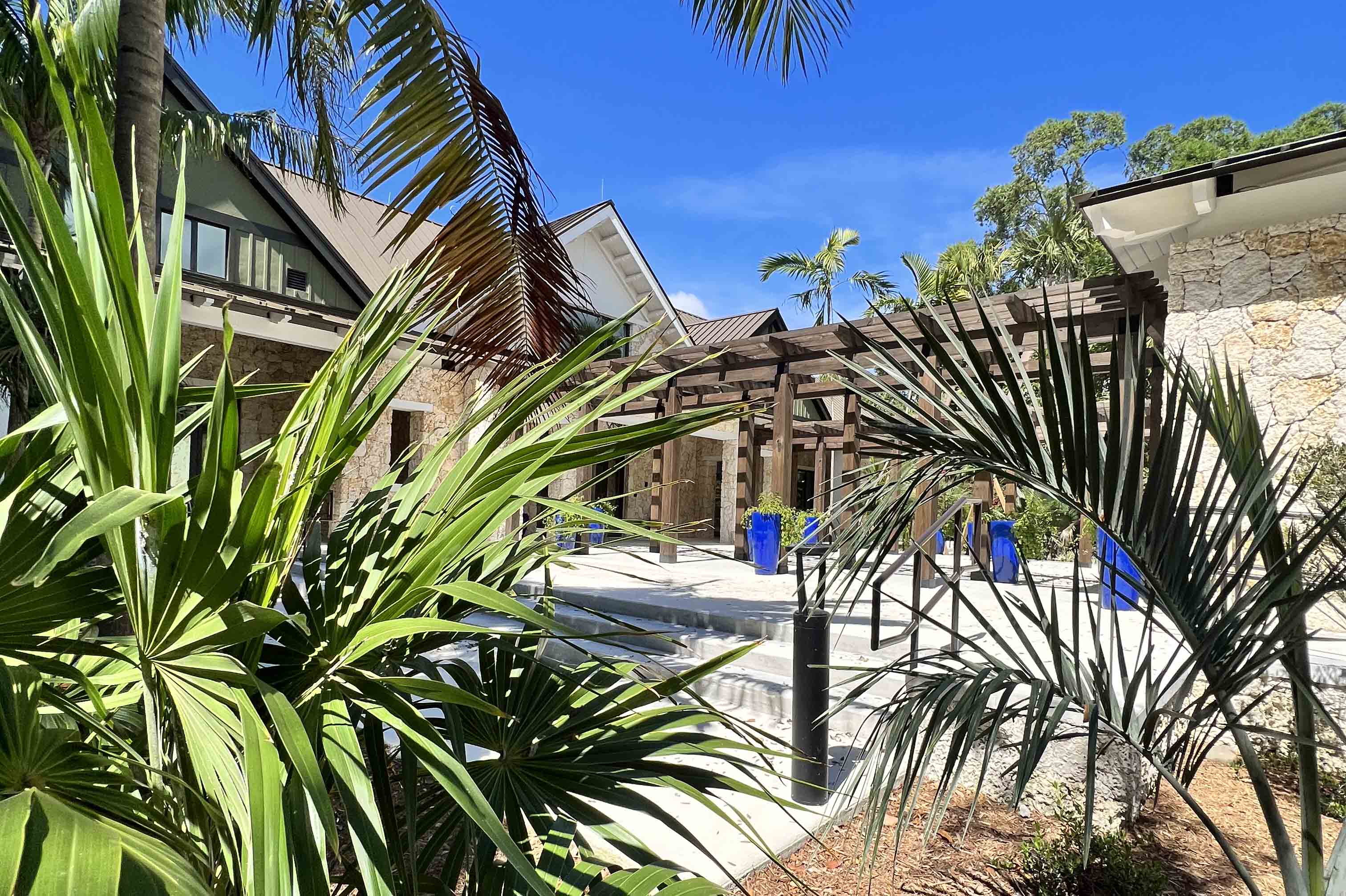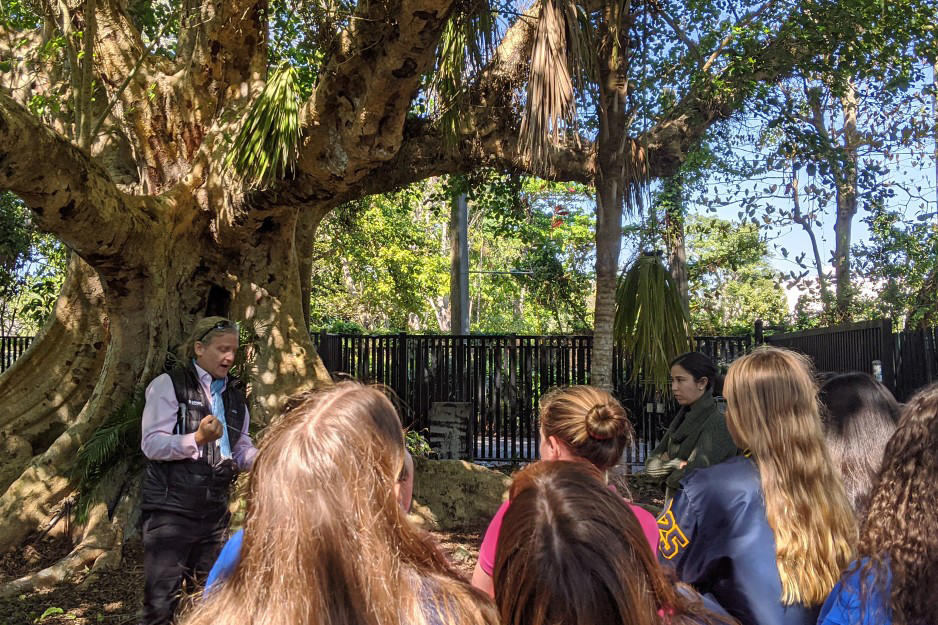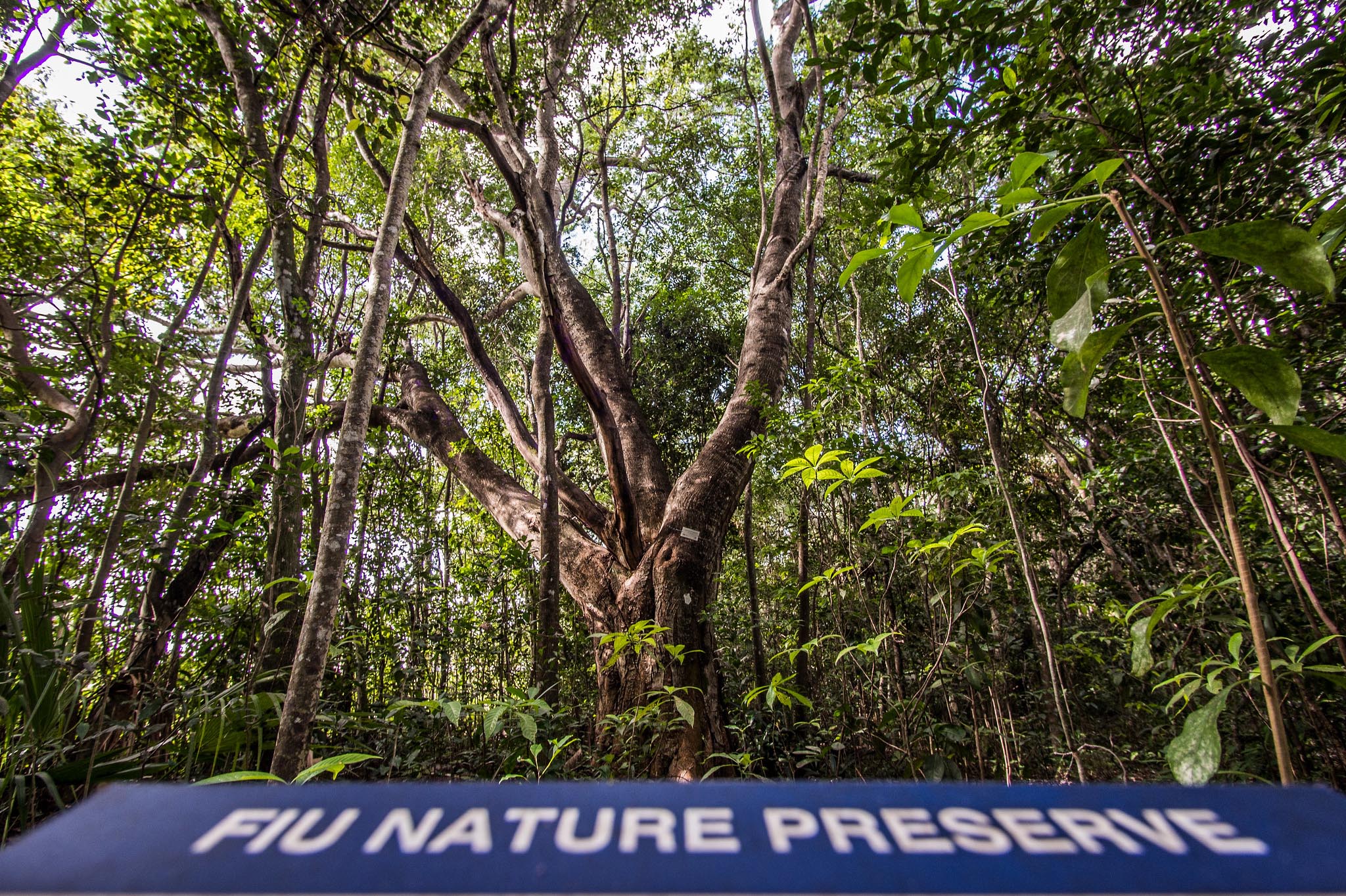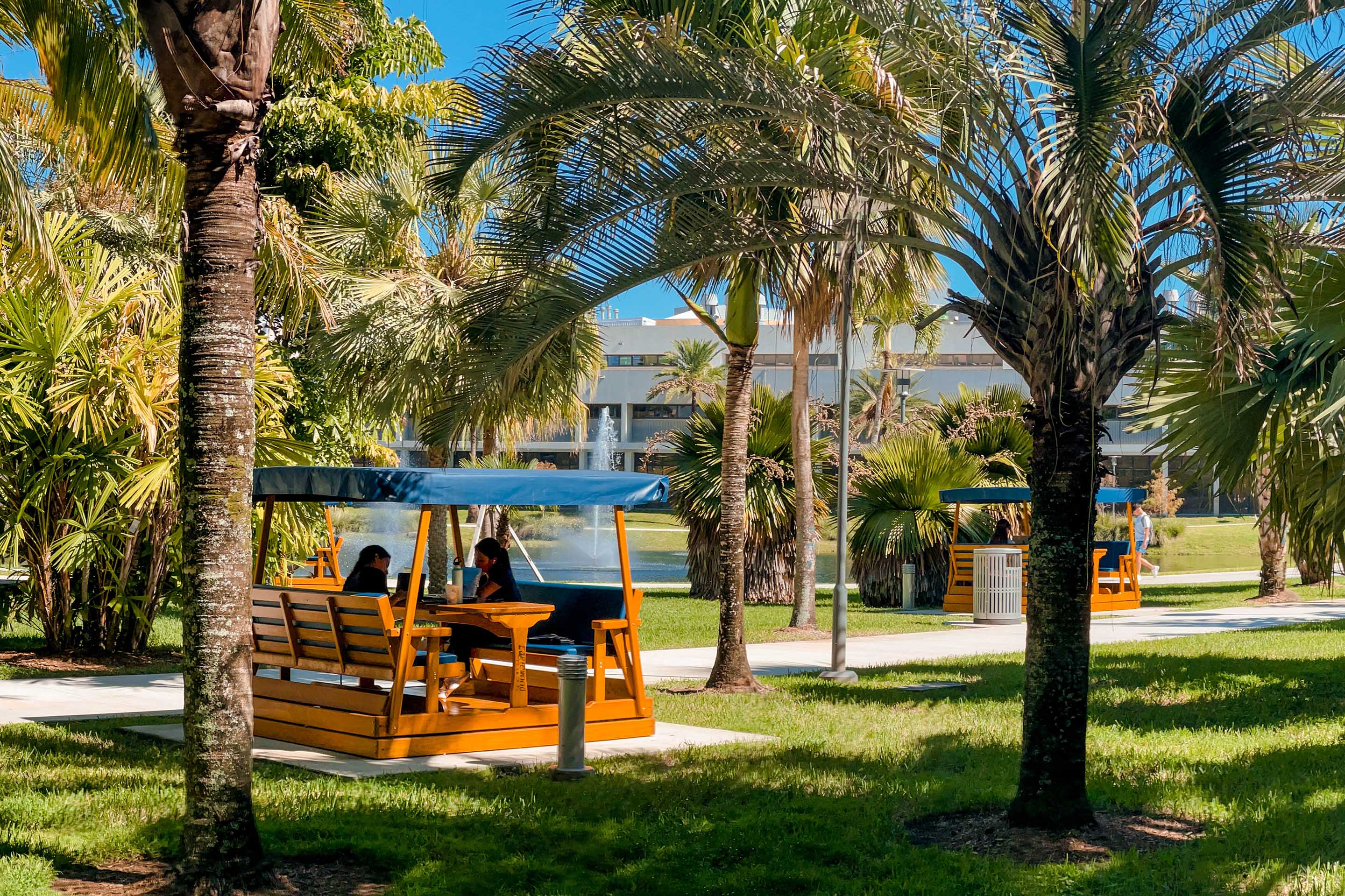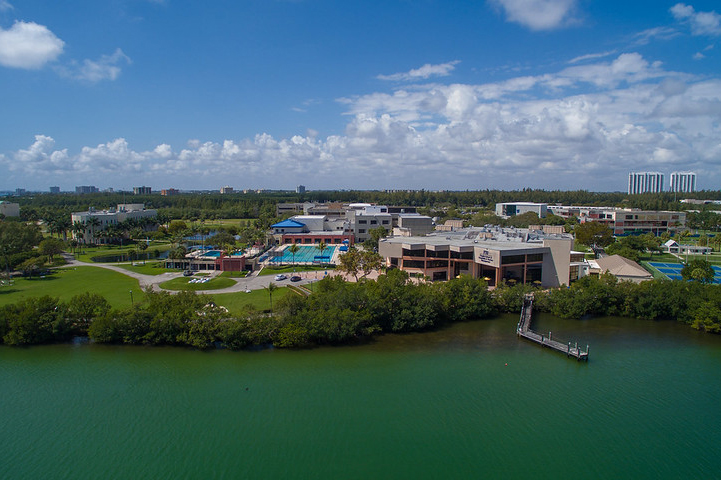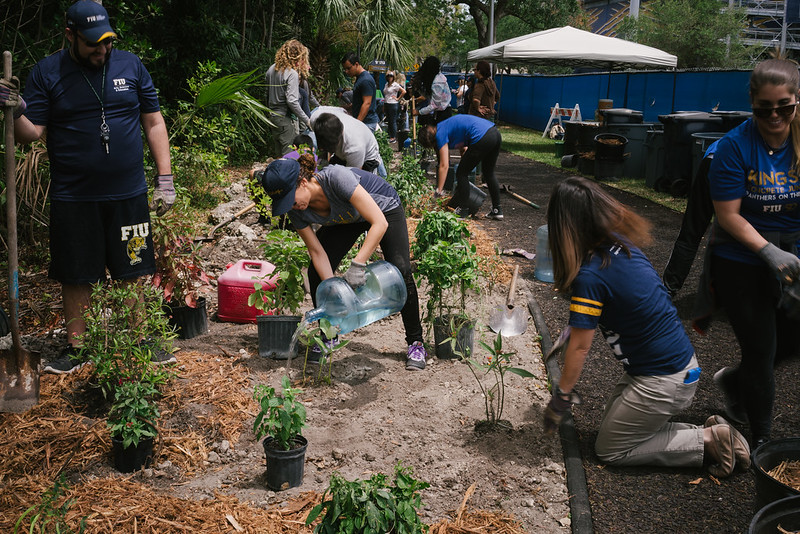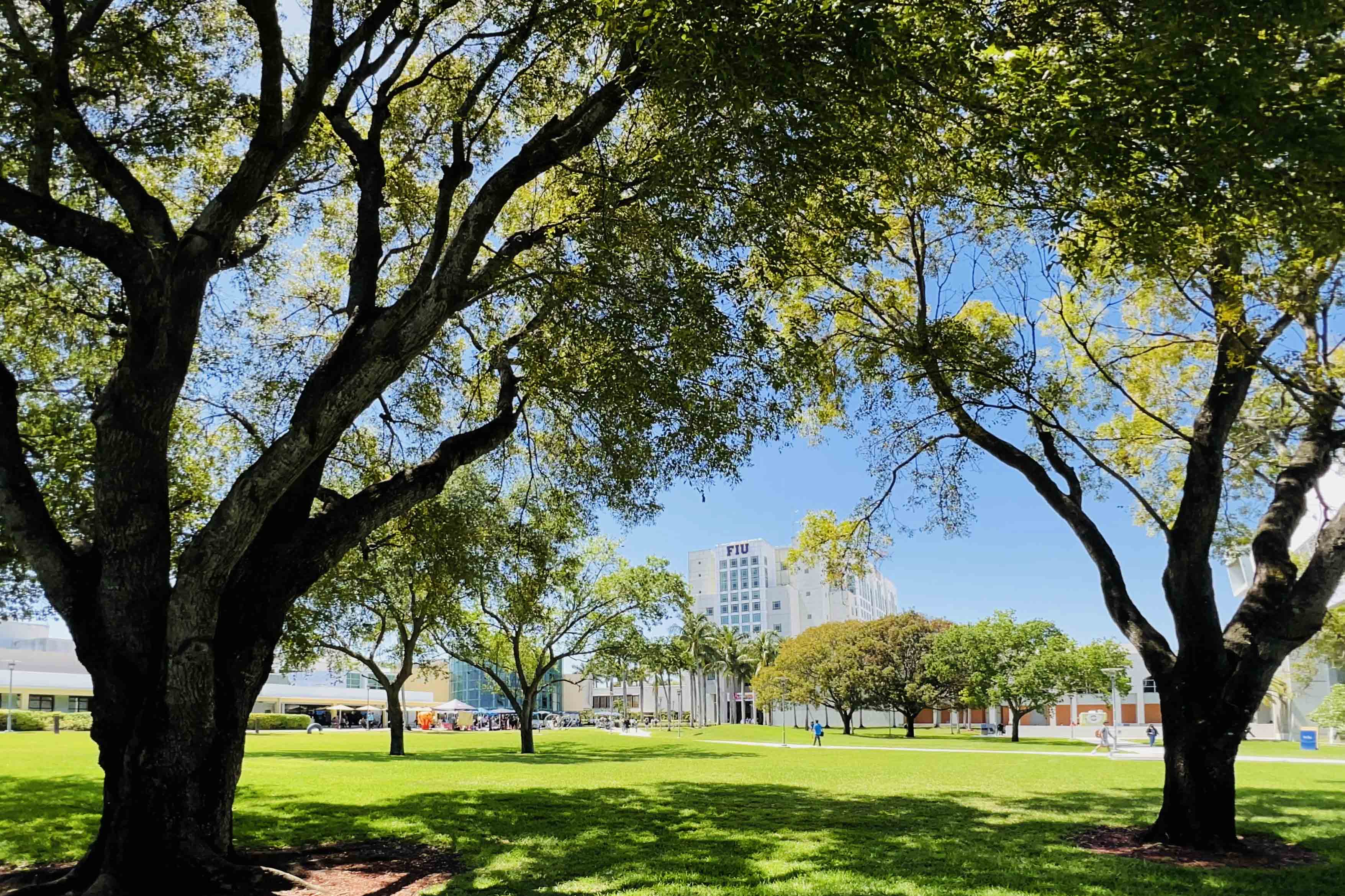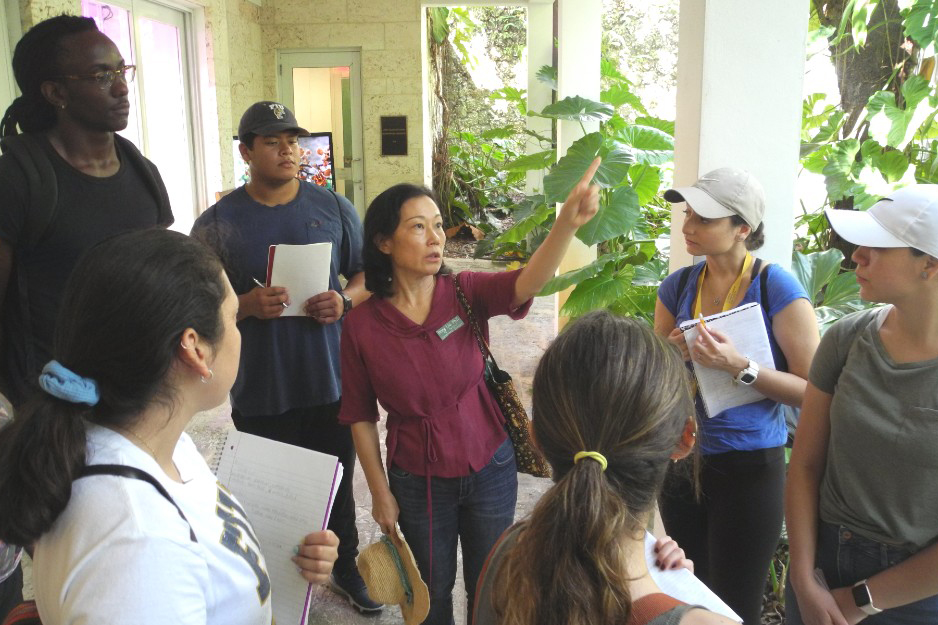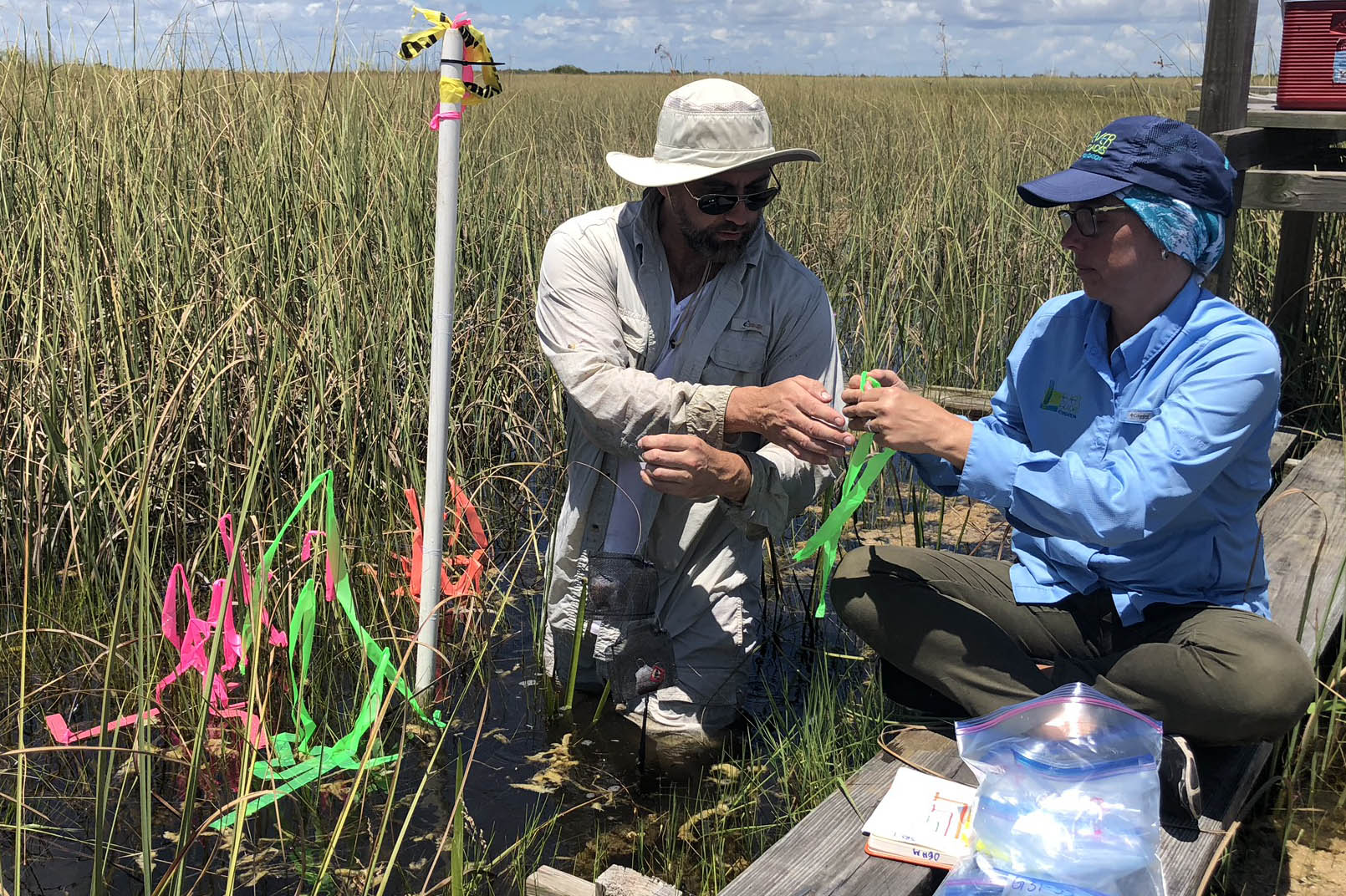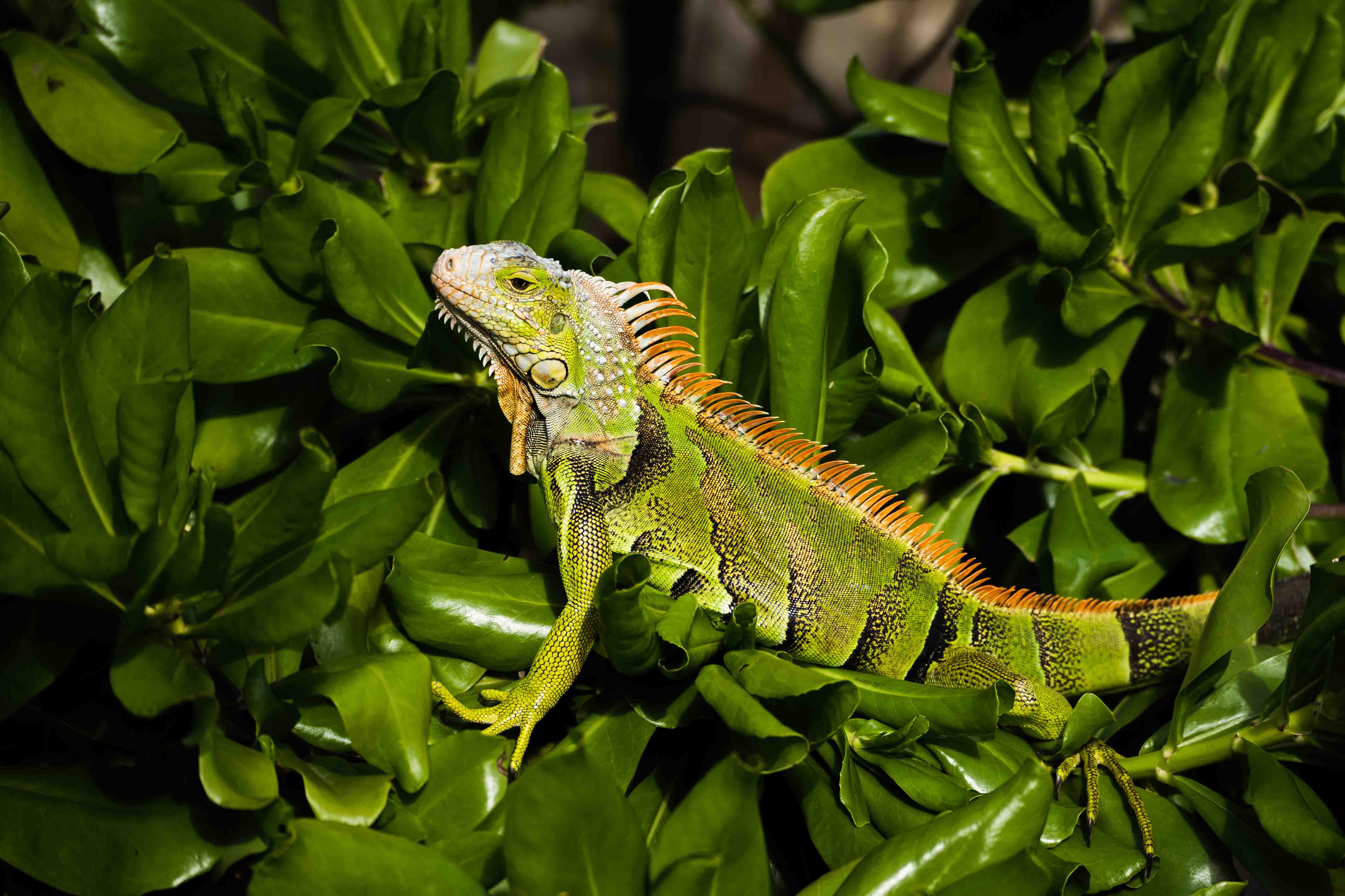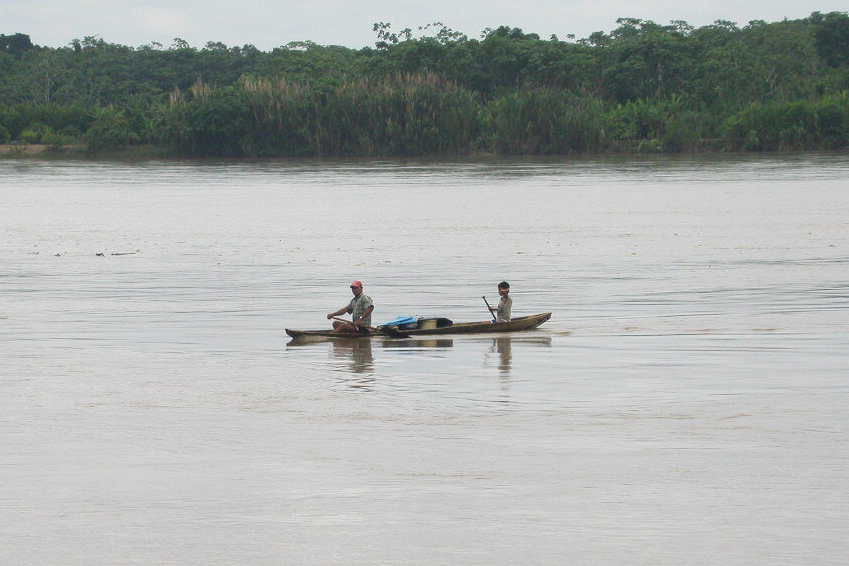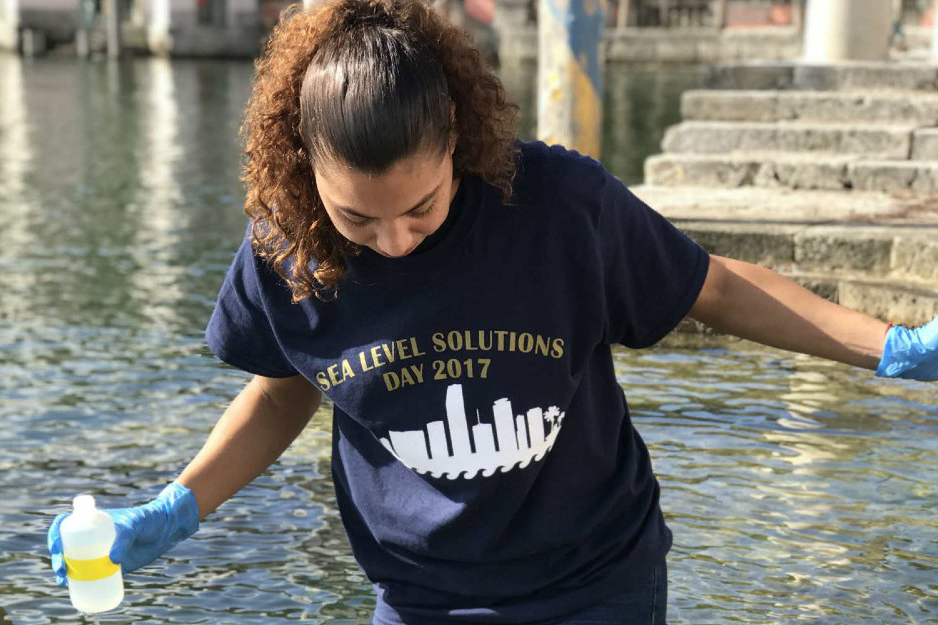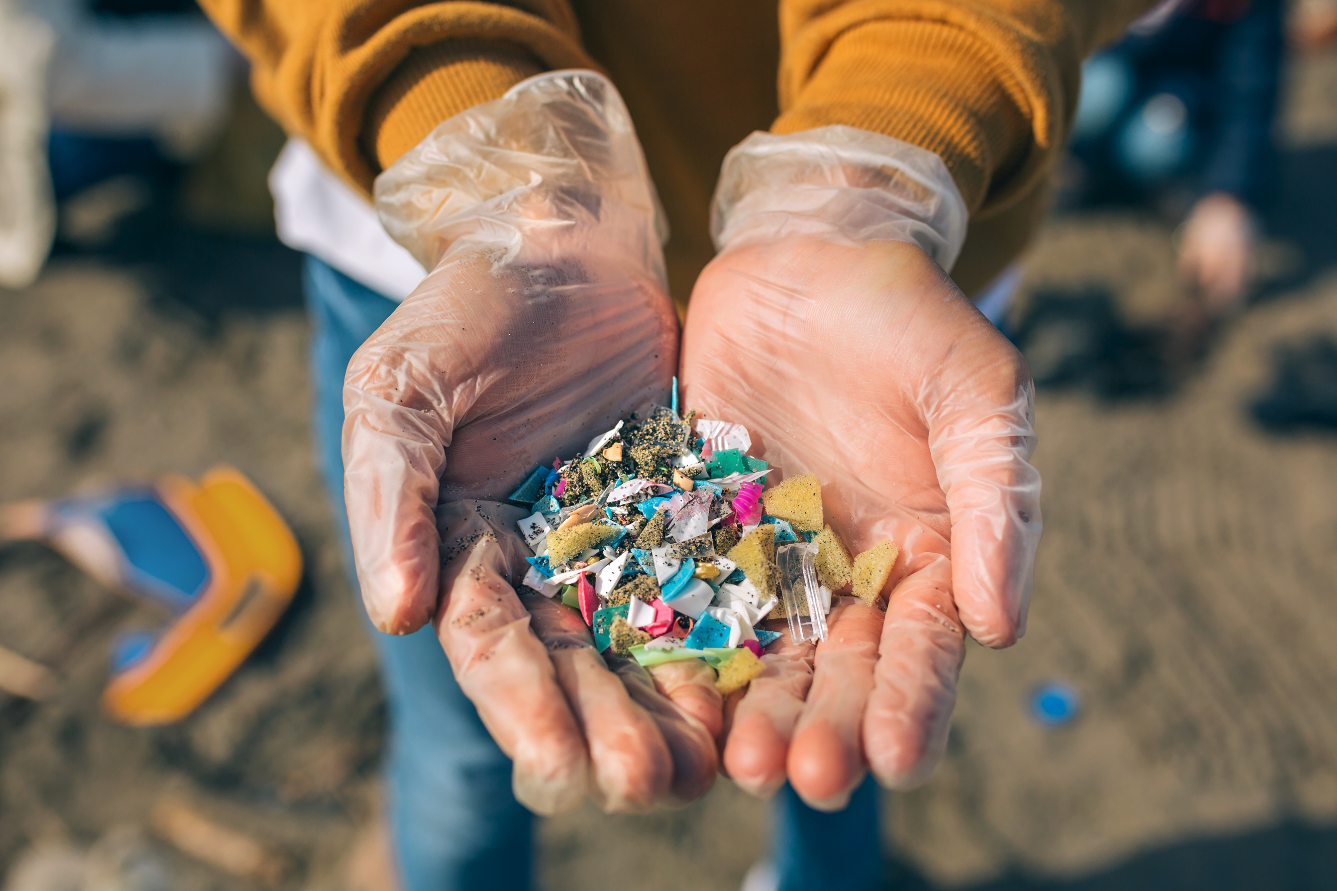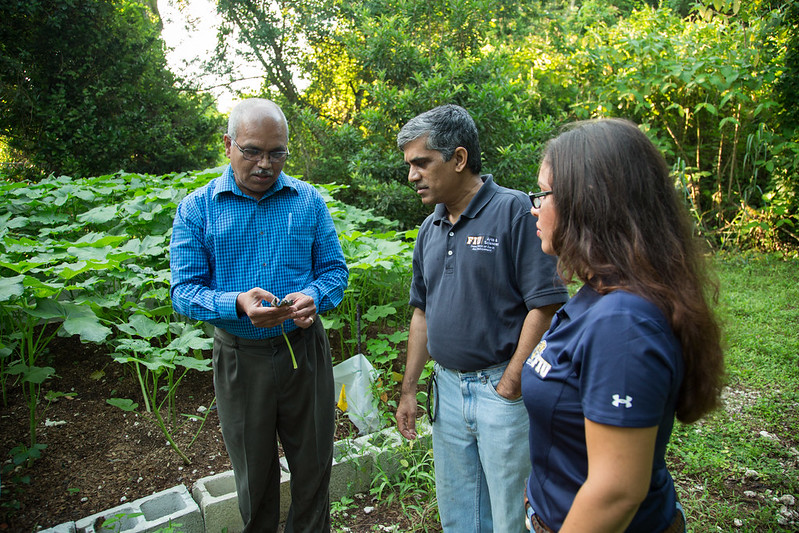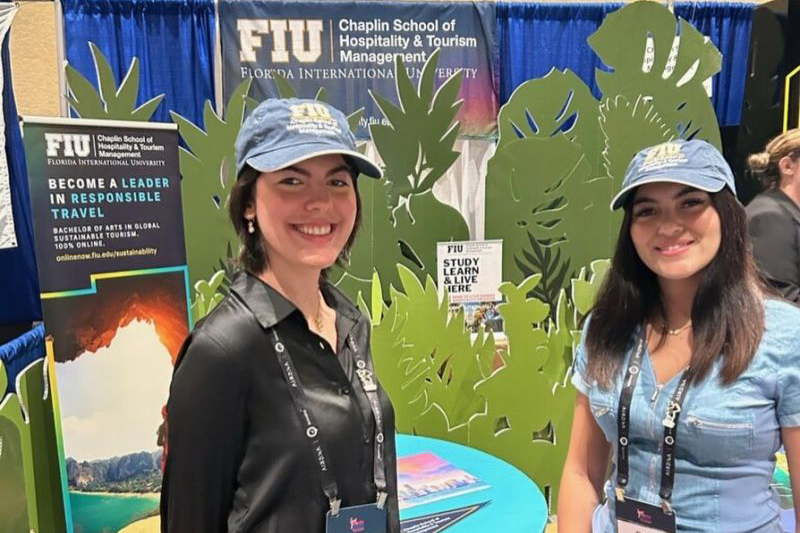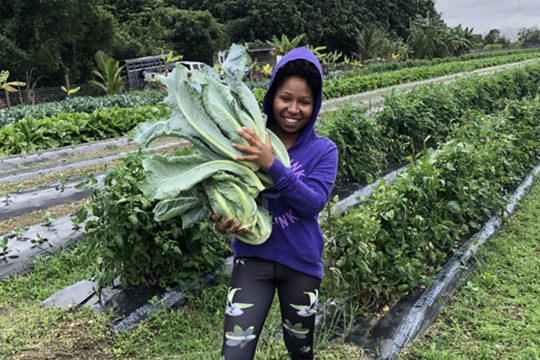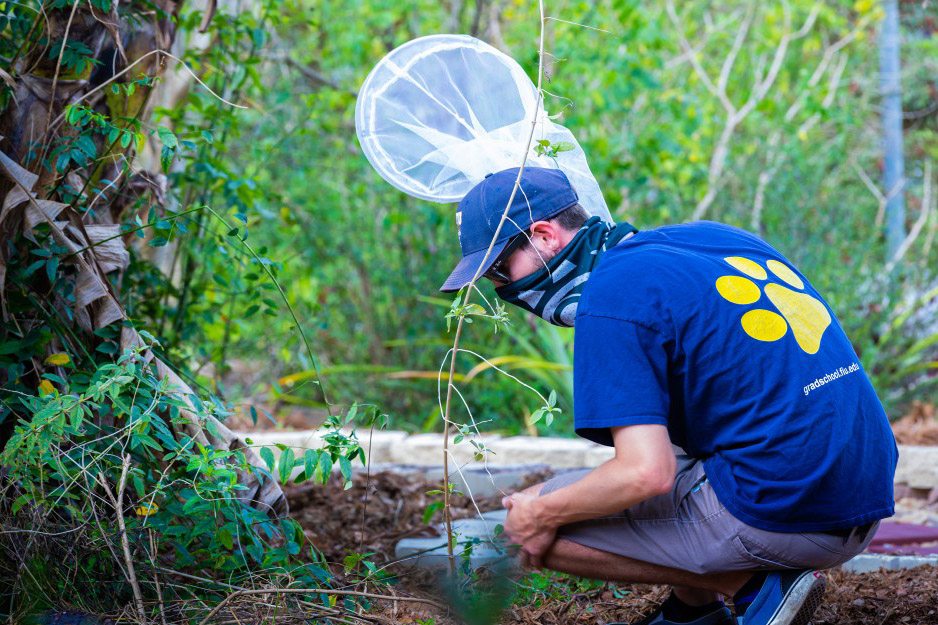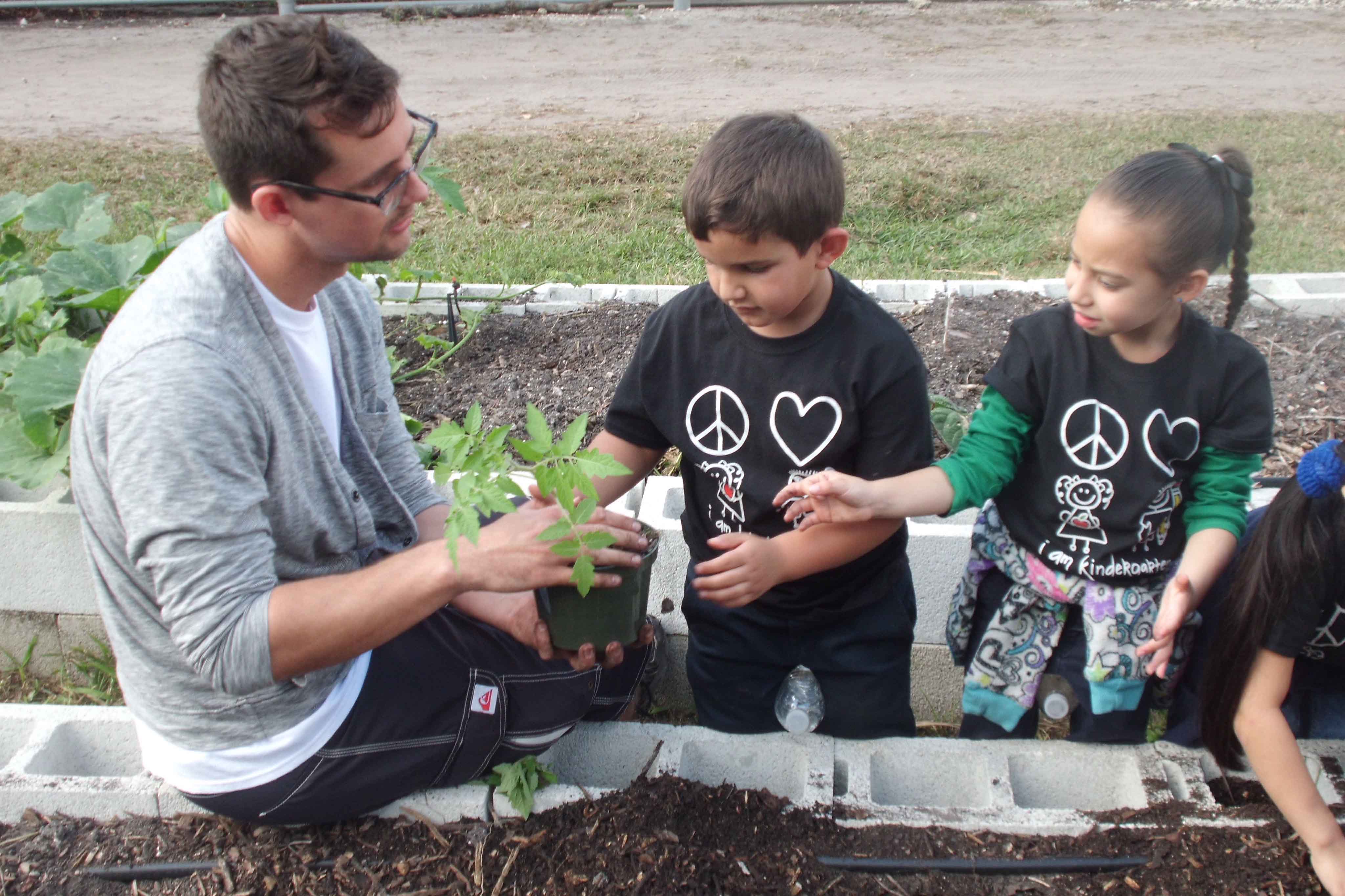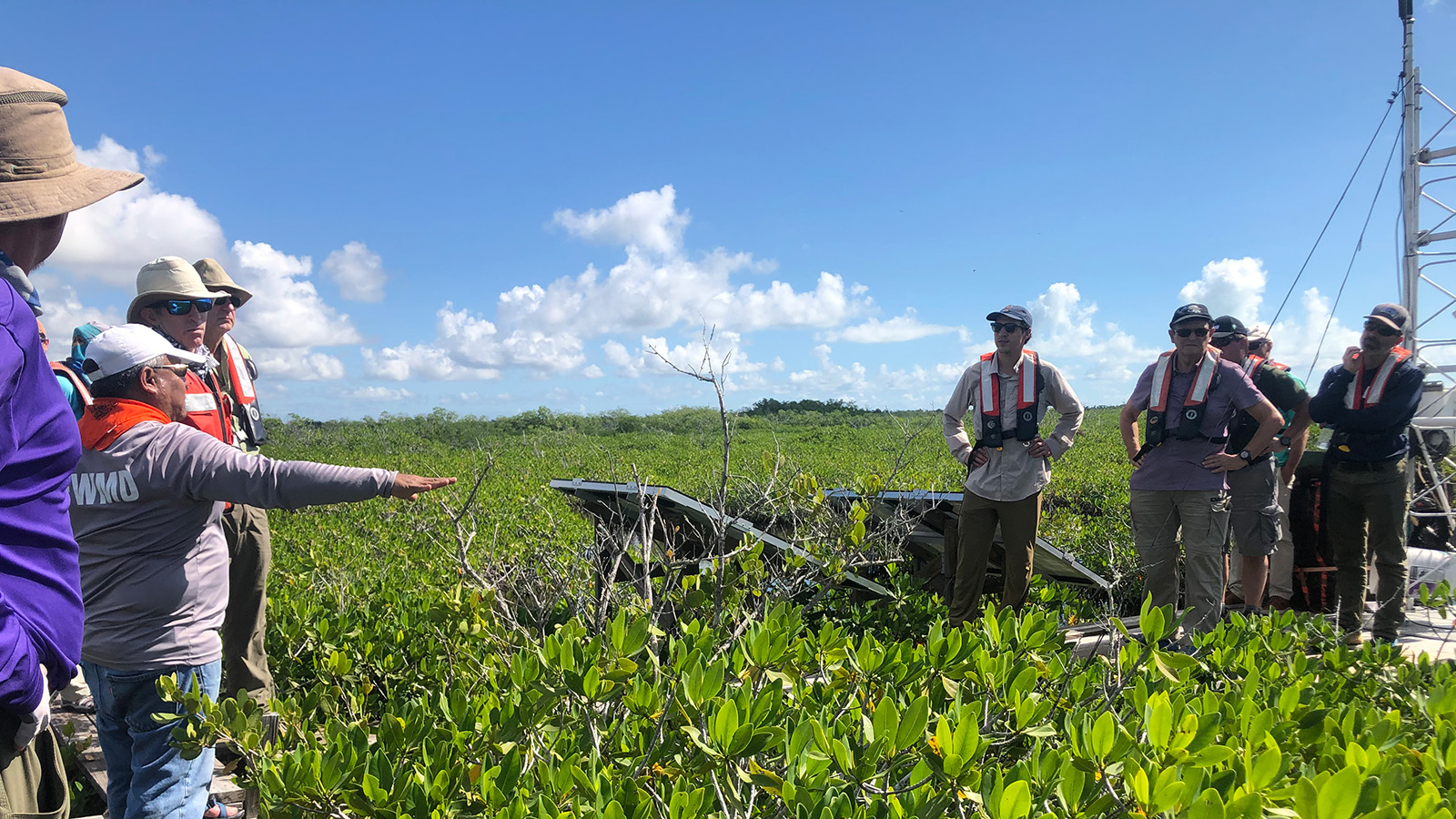
Community Engagement for a Sustainable Future
At FIU, our goal is to inspire the next generation and immerse the community in our solutions-based work designed to protect and restore ecosystems and their biodiversity, especially those under threat. Explore FIU's efforts for LIFE ON LAND.
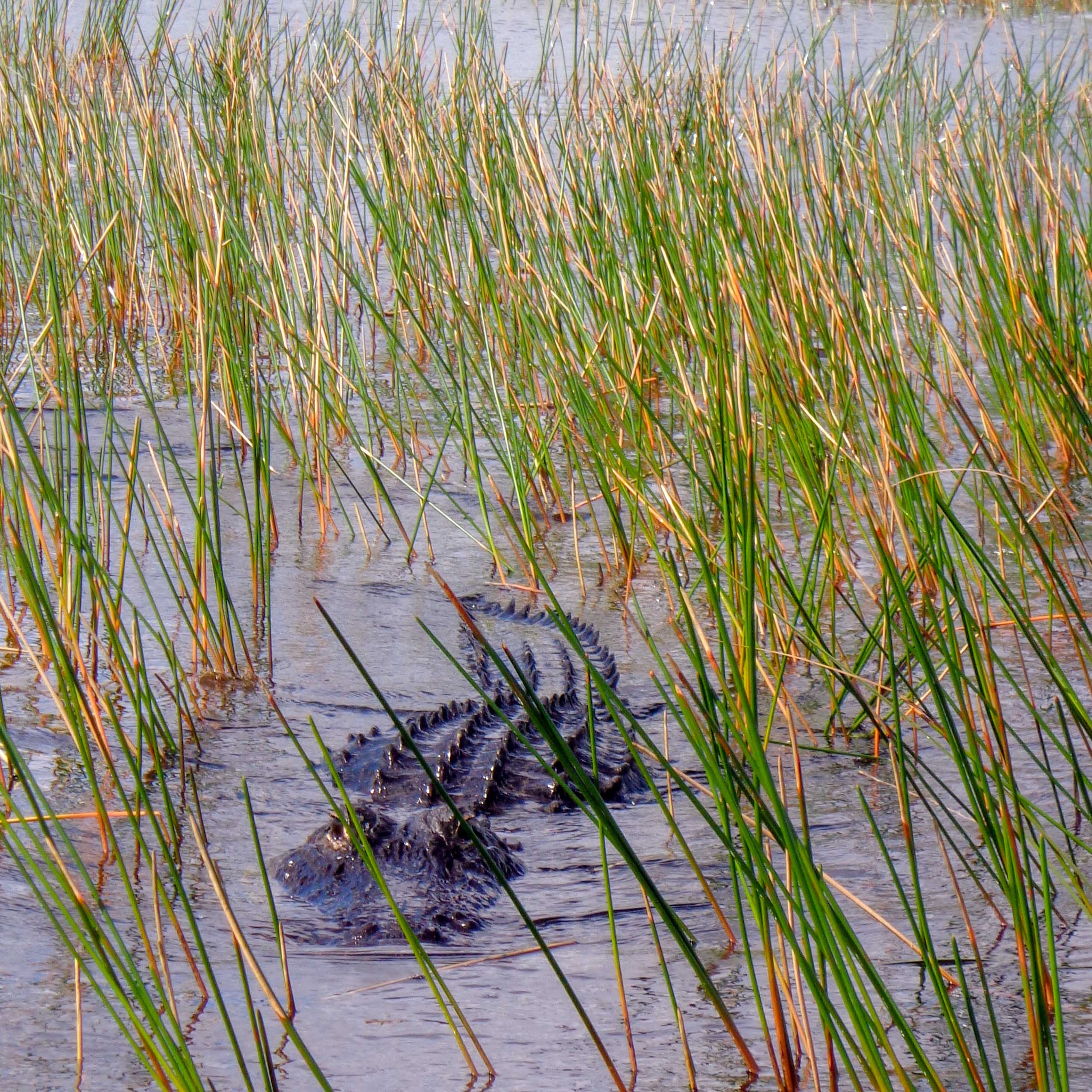
Securing a Future for the Florida Everglades
Researchers in FIU’s Institute of Environment are leading the science behind one of the largest ecosystem restoration projects on the planet — the Florida Everglades. The Florida Coastal Everglades Long Term Ecological Research Program, one of 28 sites in the National Science Foundation's long-term research network, is a multidisciplinary collaboration of universities and government agencies. Researchers are examining how climate change and disturbances interact with shifting management of this iconic and imperiled ecosystem.
Did you Know?
FIU offers an International Research Experience that is open to university students from anywhere in the United States. Providing high-quality research and professional development opportunities in wildlife conservation and ecology, the program focuses on endangered parrots, whales and dolphins. It includes a six-week paid internship in the Small Island Developing State of St. Vincent and the Grenadines. Learn more about IRES
Degree Programs
FIU provide hands-on instruction for students interested in careers supporting sustainable Life on Land. This includes a Bachelor of Arts in Sustainability and the Environment and degree programs focused on biology, botany, environmental science, agroecology and chemistry. The university also offers degrees in Global Sustainable Tourism, environmental engineering, politics and international relations, public policy and administration, and other related fields.
Academic Offerings
With more than 270 courses offered that specifically focus on Life on Land, FIU students have the opportunity to grow their knowledge of ecosystems, biodiversity, agriculture, conservation and more. In addition, FIU's Global Learning for Global Citizenship requires every undergraduate student to take at least two global learning courses as part of their degree program. Among the classes offered, many are related to issues impacting Life on Land.
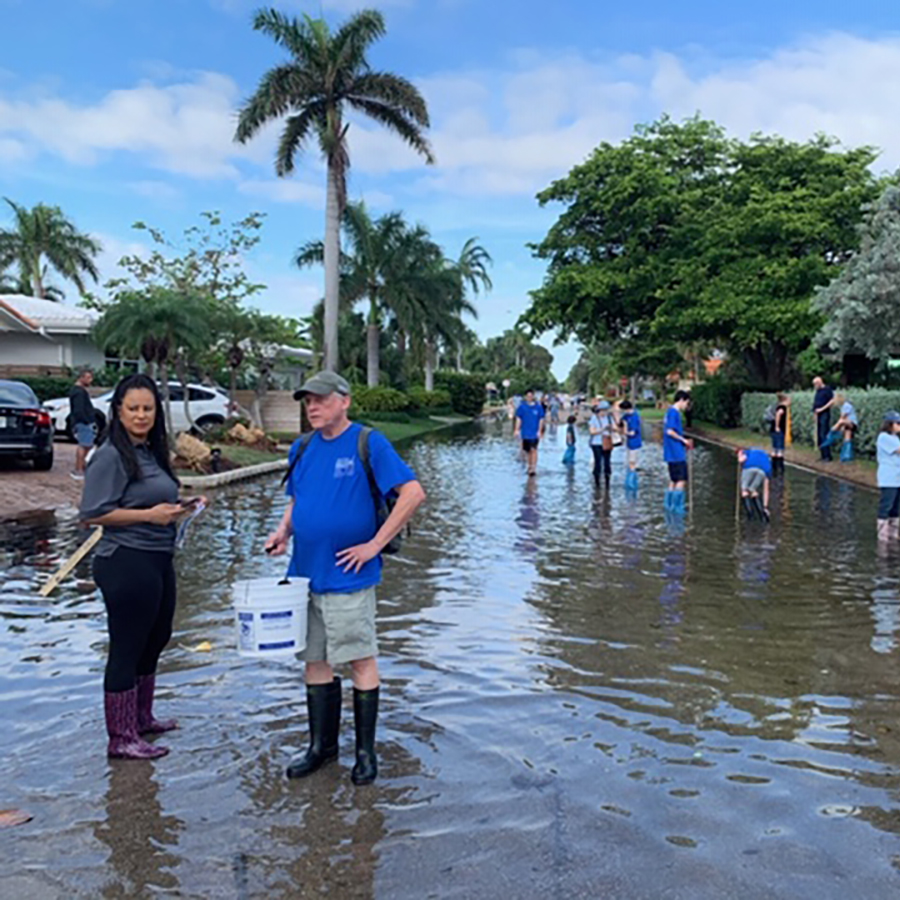
Empowering Citizen Scientists for a Common Goal
FIU researchers in the Institute of the Environment are creating opportunities for members of the community to participate in current research initiatives. As a university focused on solutions-centered research, this is one of the greatest ways we educate and collaborate with the public toward the common goal of preserving and protecting LIFE ON LAND. Learn more about some of the projects below.
Did you know?
An effort led by FIU students in the Chaplin School of Hospitality & Tourism Management diverted more than 43 tons of waste at the 2023 South Beach Food and Wine Festival including 47,960 pounds for recycling, 14,300 for composting and 23,867 pounds of rescued food, which was donated to local homeless shelters. More than just waste diversion, the students engaged festival-goers in best practices to help leave the beach as clean as they found it. Learn more about this hospitality green team
